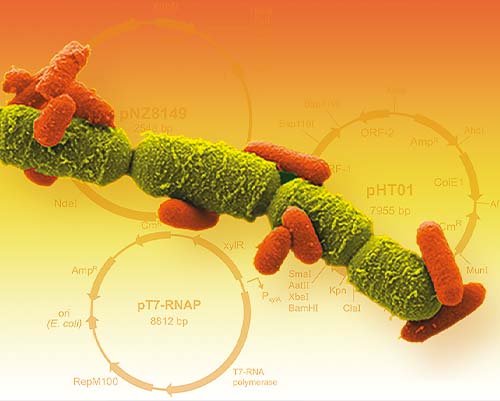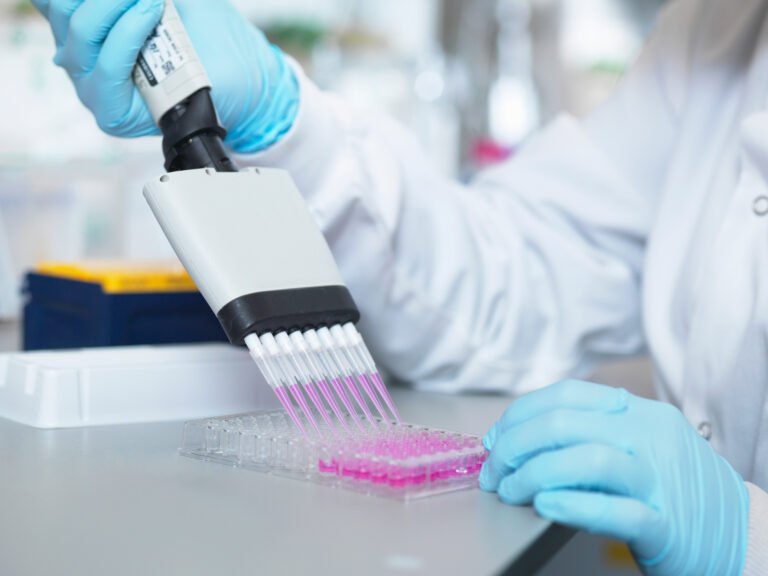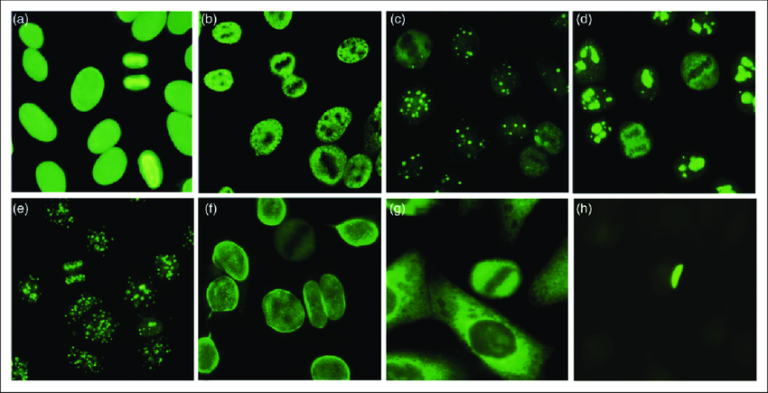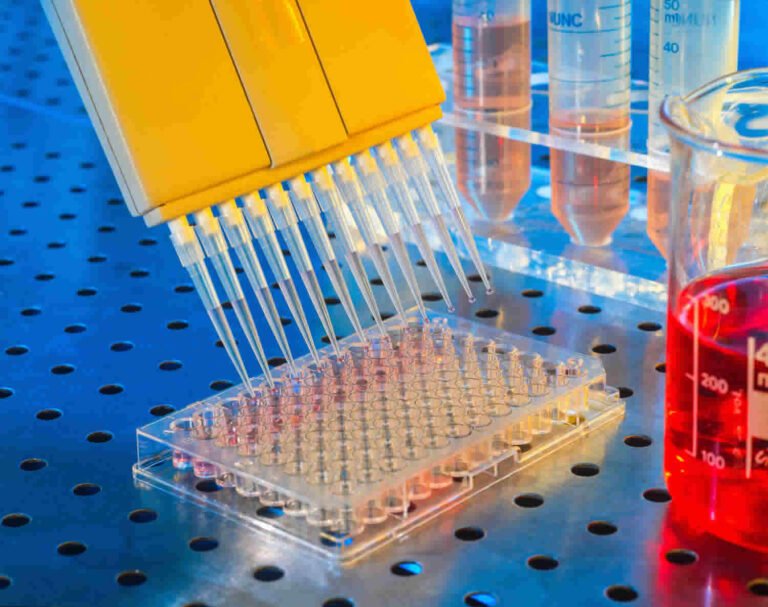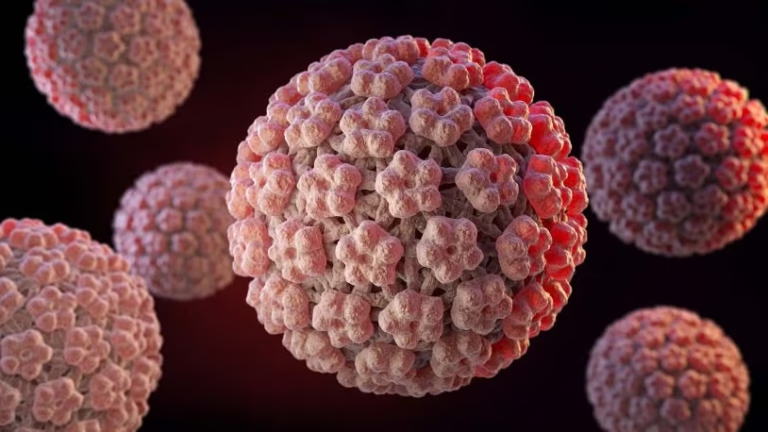Recombinant Proteins and Their Clinical Importance
In recent decades, biotechnology has revolutionized many fields, including healthcare. One of the most transformative technologies is the development of recombinant proteins. These lab-engineered proteins have not only advanced our understanding of biology but have also brought about significant improvements in clinical treatments.
What Are Recombinant Proteins?
Recombinant proteins are proteins that are genetically engineered in the lab using DNA technology. This process involves inserting a gene encoding a specific protein into host cells (such as bacteria, yeast, or mammalian cells), which then produce the desired protein. This technique allows for large-scale production of proteins that are otherwise difficult or impossible to isolate from natural sources.
Some common types of recombinant proteins include hormones, enzymes, growth factors, antibodies, and clotting factors. Many of these proteins are used in treatments for diseases ranging from diabetes to cancer.
How Recombinant Proteins Are Made
The process of producing recombinant proteins typically involves these key steps:
- Gene Cloning: The gene encoding the desired protein is inserted into a vector, which is a small, circular piece of DNA. This vector is introduced into a host organism, such as bacteria or yeast.
- Protein Expression: Once inside the host, the vector uses the host’s machinery to produce the protein encoded by the inserted gene.
- Purification: After the host produces the protein, scientists isolate and purify it from the other components of the host cells to ensure its effectiveness and safety.
- Testing and Validation: The final protein product undergoes thorough testing to ensure it meets clinical standards for use in patients.
Clinical Importance of Recombinant Proteins
Recombinant proteins have numerous clinical applications and have become critical in treating many diseases and conditions. Here are some key areas where they have had a significant impact:
1. Hormone Replacement Therapies
One of the earliest and most successful uses of recombinant proteins was in hormone replacement therapy. For example, insulin used to treat diabetes was originally derived from animals. With the advent of recombinant DNA technology, scientists can now produce recombinant human insulin, which is more effective and less likely to cause allergic reactions.
Recombinant hormones, such as growth hormone and erythropoietin, are also widely used to treat growth disorders and anemia, respectively. These therapies offer patients safer, more consistent treatments compared to earlier methods.
2. Monoclonal Antibodies in Cancer Treatment
Monoclonal antibodies, another type of recombinant protein, have transformed cancer treatment. These proteins are designed to specifically target cancer cells, either marking them for destruction by the immune system or delivering cytotoxic agents directly to them. For instance, trastuzumab (Herceptin) is a recombinant monoclonal antibody used to treat breast cancer by targeting the HER2 receptor, which is overexpressed in some forms of the disease.
This precision-targeting approach not only enhances the effectiveness of treatment but also reduces the side effects associated with conventional chemotherapy.
3. Vaccines
Recombinant proteins play a pivotal role in vaccine development. Several modern vaccines, such as the hepatitis B vaccine and certain COVID-19 vaccines, use recombinant protein technology. By using just a specific protein from a pathogen rather than the whole virus or bacterium, these vaccines stimulate the immune system to recognize and fight the pathogen without causing disease.
This approach has been instrumental in the rapid development of vaccines for emerging infectious diseases, providing an efficient and scalable means of production.
4. Enzyme Replacement Therapy
For patients with genetic disorders, such as Gaucher’s disease or Pompe disease, enzyme replacement therapies (ERT) using recombinant proteins have proven life-changing. These conditions are caused by the absence or malfunction of specific enzymes. Recombinant enzymes can replace the missing or deficient ones, significantly improving the quality of life and life expectancy of affected individuals.
5. Blood Clotting Factors for Hemophilia
Hemophilia is a genetic disorder that impairs the body’s ability to produce blood-clotting factors, leading to uncontrolled bleeding. Traditionally, treatment relied on clotting factors derived from human plasma, which posed a risk of transmitting infectious diseases. The development of recombinant clotting factors has provided a safer, more reliable treatment option, dramatically reducing these risks.
Future Prospects and Advancements
The field of recombinant protein technology is rapidly evolving. Researchers are exploring innovative ways to enhance these proteins’ efficacy, stability, and delivery. Additionally, biosimilars, which are biologically similar to already-approved recombinant protein drugs, are becoming increasingly common. These biosimilars offer more affordable alternatives, increasing patient access to life-saving therapies.
Furthermore, advancements in gene editing tools like CRISPR-Cas9 promise to improve the precision and efficiency of recombinant protein production. This could lead to new treatments for diseases that are currently difficult to address using conventional methods.
Conclusion
Recombinant proteins have become indispensable in modern medicine, providing targeted and effective treatments for various diseases. From hormone replacement and enzyme therapies to cancer treatments and vaccines, these proteins have revolutionized patient care and opened new avenues for innovative therapies. As research continues, recombinant proteins will likely remain at the forefront of biopharmaceutical advancements, offering hope for improved healthcare outcomes worldwide.

